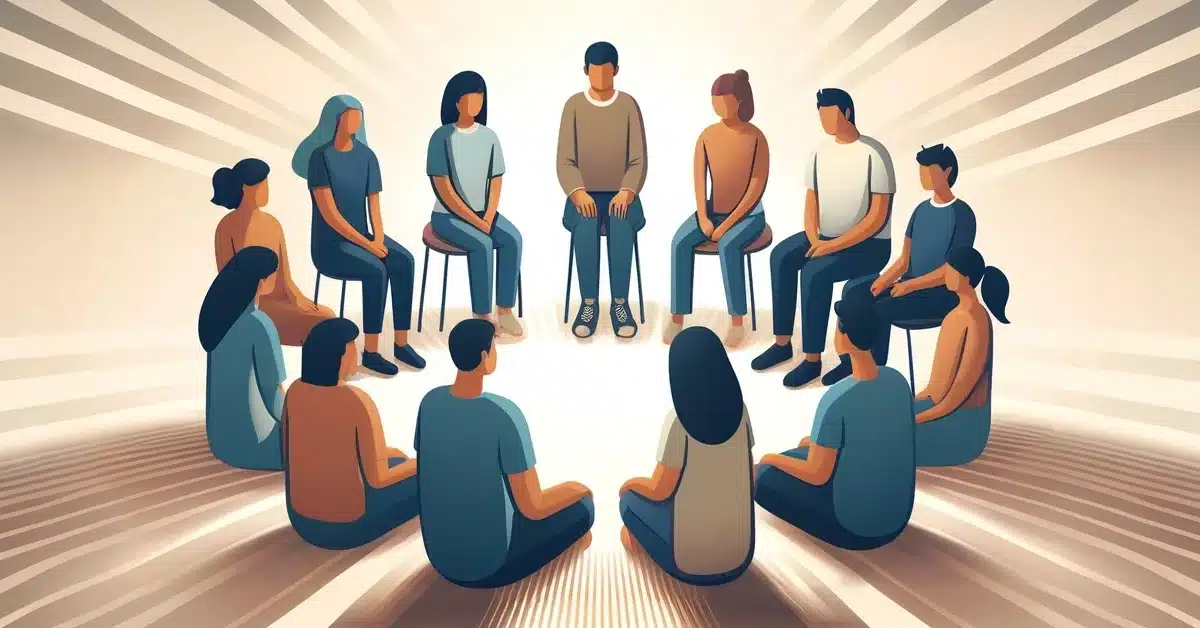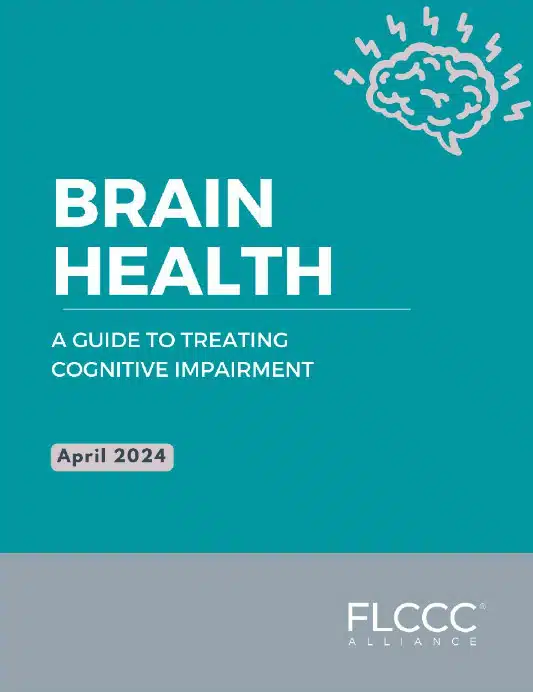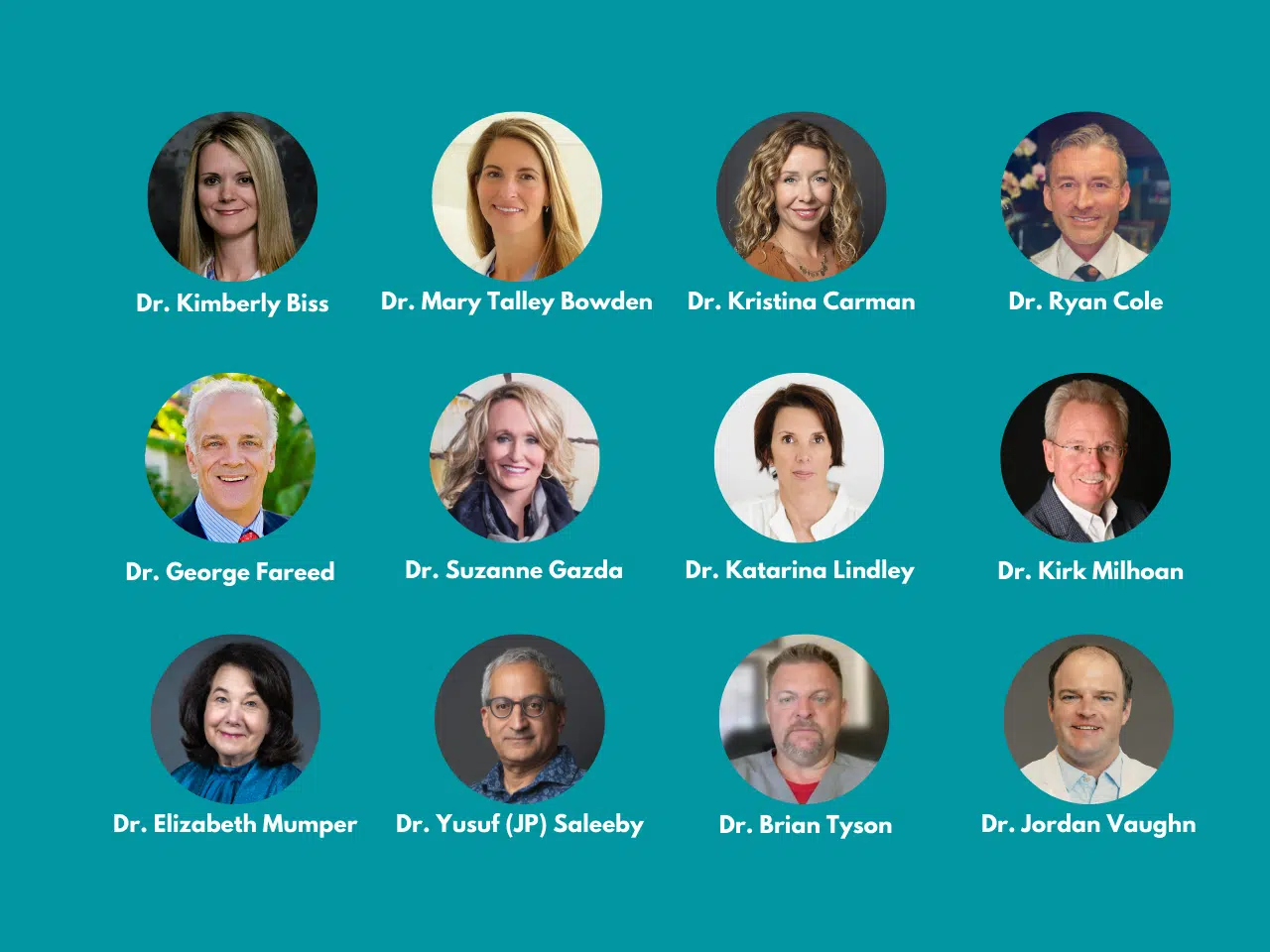Explore the critical role of social connectedness in mental health. Learn why social connection is vital for health, maybe more than even smoking & obesity!

From prehistoric man gathering before a bonfire to the bustling marketplaces of ancient Athens to today’s online communities, the need for social connection has always been a key part of our lives. Aristotle famously declared that humans are “social animals” who need community and friendship to thrive.
We’ve long understood, even if just instinctively, that staying connected with others is crucial for our mental health. Now, a growing number of studies confirm just how true that is. The timing couldn’t be better—our collective mental health could use a boost right about now.
Global anxiety and depression rates soared by 25% during COVID. That’s an alarming figure, but hardly surprising given what people have endured. The relentless, fear-driven news cycle, coupled with lockdowns and separation from family, friends, and community, has pushed even the strongest minds to their limits.
Now more than ever, it’s clear that strong social ties are not just nice to have—they are essential for our recovery and long-term health. It’s a concept we’ve written about in our recent Managing Depression monograph, our Brain Health Protocol, and our Brain and Mental Health Guide.
Today, let’s explore the importance of mental health and social connection:
- Part 1 – Social Connections and Health: How strong connections with others are important for keeping us healthy and happy, supported by research.
- Part 2 – The Digital Dilemma for Psychological Health: How using technology to connect with others might actually make us feel lonelier instead of closer.
- Part 3 – Solutions and Practical Advice: Tips on how to make better connections with people in real life to help fight loneliness.
Part 1: Social Connections and Health
The idea of “social integration” is not a fresh concept in science. It was first introduced by French sociologist Émile Durkheim in his seminal 1897 work, “Suicide.” Durkheim examined how varying levels of social integration and regulation within a society influenced suicide rates.
The field of psychology emerged soon thereafter in the early 1900s. A century later, our mental health remains the subject of intense study, including research into the importance of social connection. Much of that research has found those who stay connected to others are likely to have better health outcomes.
Here are some of the benefits of social connectedness:
- Better physical health: Several studies link social isolation and loneliness to higher risks of heart disease, obesity, high blood pressure, cognitive decline, and even death.
- Better mental health: Numerous studies show a link between social connectedness and improved psychological health, leading to lower rates of depression, anxiety, and other conditions.
- Better immunity: Contrary to what we were told during lockdowns, studies found that people with diverse social connections were less likely to develop colds when exposed to the virus.
- Longer lifespan: One meta-analysis found that strong social relationships increase the likelihood of survival by 50%, suggesting that social connections give greater benefit than quitting smoking or controlling obesity.
- Lower risk of dementia: Studies show active and socially integrated lifestyles might protect against dementia.
Beyond the broader research listed above, there are a growing number of studies that look at the biological and psychological mechanisms by which social connections improve mental health, such as increased feelings of safety and belonging, and enhanced neurotransmitter function.
We also know from researchers like Craig Haney that solitary confinement causes higher rates of anxiety, depression, anger, cognitive disturbances, perceptual distortions, obsessive thoughts, paranoia, and psychosis.
It’s clear: the science supports it—connectedness and social support is essential not only for mental health but for physical health as well.
Part 2: The Digital Dilemma for Psychological Health
When COVID-19 emerged, many mental health experts overlooked the danger of isolation. While mainstream media advocated avoiding all social gatherings, alternative outlets like The Epoch Times confronted the nuances of social isolation directly, creating a series dedicated to understanding its deep impact.
Despite alternative media’s best efforts, many found themselves increasingly isolated. In response, people have turned to technology as a lifeline to maintain connections. While staying socially connected online is better than nothing, new research shows that real-world contact can lead to stronger social ties. Psychologist Mattias Desmet, known for popularizing the concept of “mass formation psychosis,” explores this in his writings on “Digital Depression and Lonely Masses“.
Desmet warns of a bleak digital future where technology, originally designed to create close social ties, paradoxically leads to greater isolation. He highlights a telling moment in 2018 when the severity of loneliness in the UK led to the appointment of a Minister of Loneliness—whose successor, ironically, supported lockdowns at every turn.
Elaborating on the shortcomings of digital interactions, Desmet explains:
“In real conversations, people’s bodies constantly resonate with each other. The facial and body muscles of the listener contract in the same way as those of the speaker, and the same areas of the brain are activated. When people speak with each other, they form a supra-organism on a psychic and subtle-physical level. They are connected by a psychic membrane that imperceptibly transmits the most subtle emotions from one person to another. In this way, a kind of spontaneous empathy occurs in the interlocutor (unless the ego structure is extremely developed, as in psychopathy).”
While meeting with like-minded individuals has been helpful for many of us, it seems in-person interactions come with added benefits. In addition to Desmet’s insights, several studies highlight the negative mental health effects of social media:
- Increased social isolation: One study looked at young adults aged 19-32 and found that individuals who reported using social media more frequently were more likely to feel isolated.
- Increased rates of depression: Another study found that heavy use of social media was significantly associated with increased depression.
- Increased loneliness: This study found that limiting social media use to 30 minutes per day led to significant reductions in levels of loneliness and depression among college students compared to the control group.
With all this in mind, it’s becoming clear that there truly is no substitute for real, in-person connections. Let’s now explore some practical tips that can help us stay connected and maintain our health.
Part 3: Solutions and Practical Advice
Research shows that loneliness and social connection don’t just improve mental health but overall health as well. So, let’s get some more of that in our lives! Here are some ways we can make strong social connections:
- Focus on Help for High-Risk Groups
- Practical Solutions for Enhancing Social Bonds
- Encouraging Personal Responsibility to Reduce Social Isolation
Focus on Help for High-Risk Groups
As laid out in our Managing Depression monograph, older adults are vulnerable to social disconnectedness:
“Patients with depression are often socially isolated and going through life-changing stressor situations. The association between loneliness and depression is well documented.”
As we age, our health generally declines. Since we can see a link between health and connectedness, that leaves older people with a lack of social contact in a tough situation. People with pre-existing mental health conditions can also struggle.
Practical Solutions for Enhancing Social Bonds
If you are struggling, never fear! There are plenty of things that we can do to help ourselves and each other:
- Join social groups or clubs
- Volunteer
- Adopt a pet
- Engage in physical activity
- Leverage technology (just don’t rely on it!)
- Community gardening
- Attend workshops or classes
- Spiritual Activities
Another idea is to focus on brain health. Mental health can often be improved by making sure our brains are in good physical shape. And if you want several ideas on how to improve brain health, our Brain Health Protocol and our Brain and Mental Health Guide are sure to give you plenty of actionable ideas.
Encouraging Personal Responsibility to Reduce Social Isolation
We owe it to each other and to ourselves to take responsibility for any lack of social connectedness in our communities. The COVID era has no doubt left us a bit rusty, but the need has never been greater.
One thing to try: be proactive in reaching out to others. Contact friends and family routinely, even if it’s just a quick check-in over the phone. Face-to-face interaction is always best, though!
If you are blessed with the gift of gab, why not share that with others? A conversation with somebody at the grocery store could make their day. Volunteering is a great idea as well because it has the potential to help everyone involved (like if you volunteered at a retirement community, for example).
If you are looking for an activity that can help, try one that reduces stress like Yoga, Pilates, or Qi Gong. By reducing stress, we may end up being more friendly, relaxed, and ultimately more social!
👉 Learn more: 10+ Ways to Manage Stress
Strong Social Connections for Better Health
We’ve traced the crucial role of social bonds from ancient times to the present and identified the pitfalls of digital communication. It’s clear that genuine, face-to-face interactions are essential for our mental and physical health.
Start today: reach out to a friend, join a local group, or participate in community events. By strengthening our real-world connections, we not only enhance our own well-being but also enrich our communities. Let’s prioritize meaningful relationships to truly thrive.






